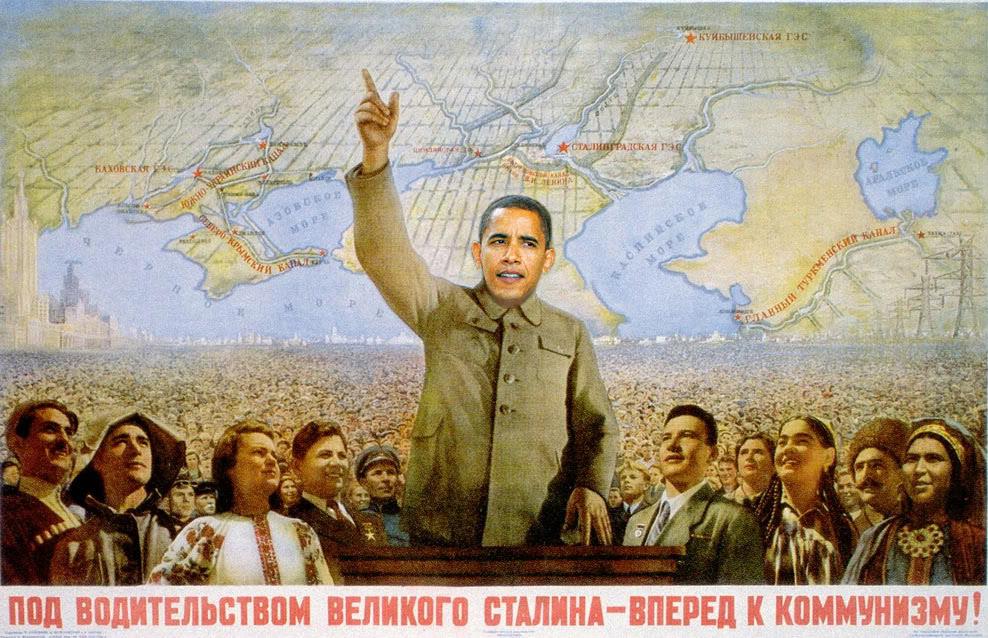Is today’s Republican Party so fired up for combat with Barack Obama because rank-and-file party members regard Ronald Reagan as a disastrous failure? That’s the thesis of a fascinating Ross Douthat blog post which pivots off David Frum’s equally fascinating 1995 book Dead Right. Frum’s thesis, roughly, was that Reagan and Reagan-era conservatism had been much more of a failure than most conservatives were willing to say.
It’s easy to get hung up on the alleged betrayals of George H.W. Bush but the fact of the matter is that it was Ronald Reagan who left the main edifices of the Great Society—Medicare, Medicaid, federal involvement in K-12 and higher education finance—intact.
The problem with Douthat’s argument, though, is that I just don’t believe many conservatives adhere to Frum’s interpretation of this period. Heck, even Frum doesn’t adhere to it anymore. Not to get too Slatepitchy here, but it seems to me that Republicans really like Ronald Reagan. I remember when Reagan died. Conservatives loved him! I remember watching Republican primaries where every candidate swore fealty to the Reagan legacy. I remember Mitt Romney’s Reagan Economic Zone. He is a beloved figure. Republicans really and profoundly admire his policies and his legacy.
I’d put a different hypothesis on the table. The big issue is the end of the Cold War. Back in the 1980s if you loved capitalism and the American free enterprise system that first and foremost meant the struggle against the forces of international communism. Domestic economic policy disputes were obviously a real thing, but the moral oomph came from the struggle against communism. And since a rather wide range of public policies qualify as “not communism” it was very possible to be fully emotionally invested in the struggle without needing to die on any particular hill. But absent the high moral stakes of a showdown with the Union of Soviet Socialist Republicans, an advocate of the free market needs to either reduce his level of emotional engagement in political struggle or else increase his perception of the stakes in rather small domestic tax and regulatory barriers.
Faced with Walter Mondale, in other words, you could complain he was soft on communism. To get the same oomph in the geopolitical context of today, you need to complain that Barack Obama is actually a communist. To younger people who didn’t live through the Cold War and don’t remember the way anti-communism made the careers of Reagan and Margaret Thatcher this can all seem a bit mystifying, and it’s no coincidence that the youngest cohorts are the most liberal. But to folks who cut their teeth in the politics of the 1970s and 1980s this period is not that long ago and still very real.
